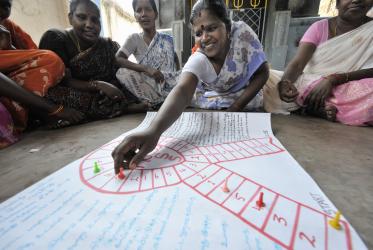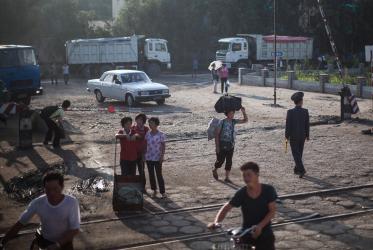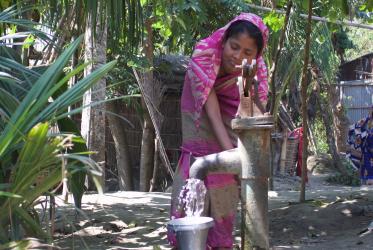Mostrando 1 - 20 de 64
Churches should use their voice on climate change
26 Febrero 2020
Las iglesias deben usar su voz sobre el cambio climático
26 Febrero 2020
CCIA meets in Brisbane with focus on Pacific regional priorities
19 Febrero 2020
Eco-School promotes blue communities, green churches
19 Noviembre 2019
WCC Eco-School begins in Thailand
07 Noviembre 2019
“Economy of life” lifted up at special school in Indonesia
22 Agosto 2019
WCC condemns massacre of farmers in Philippines
12 Abril 2019
El CMI condena el asesinato de campesinos en Filipinas
12 Abril 2019









